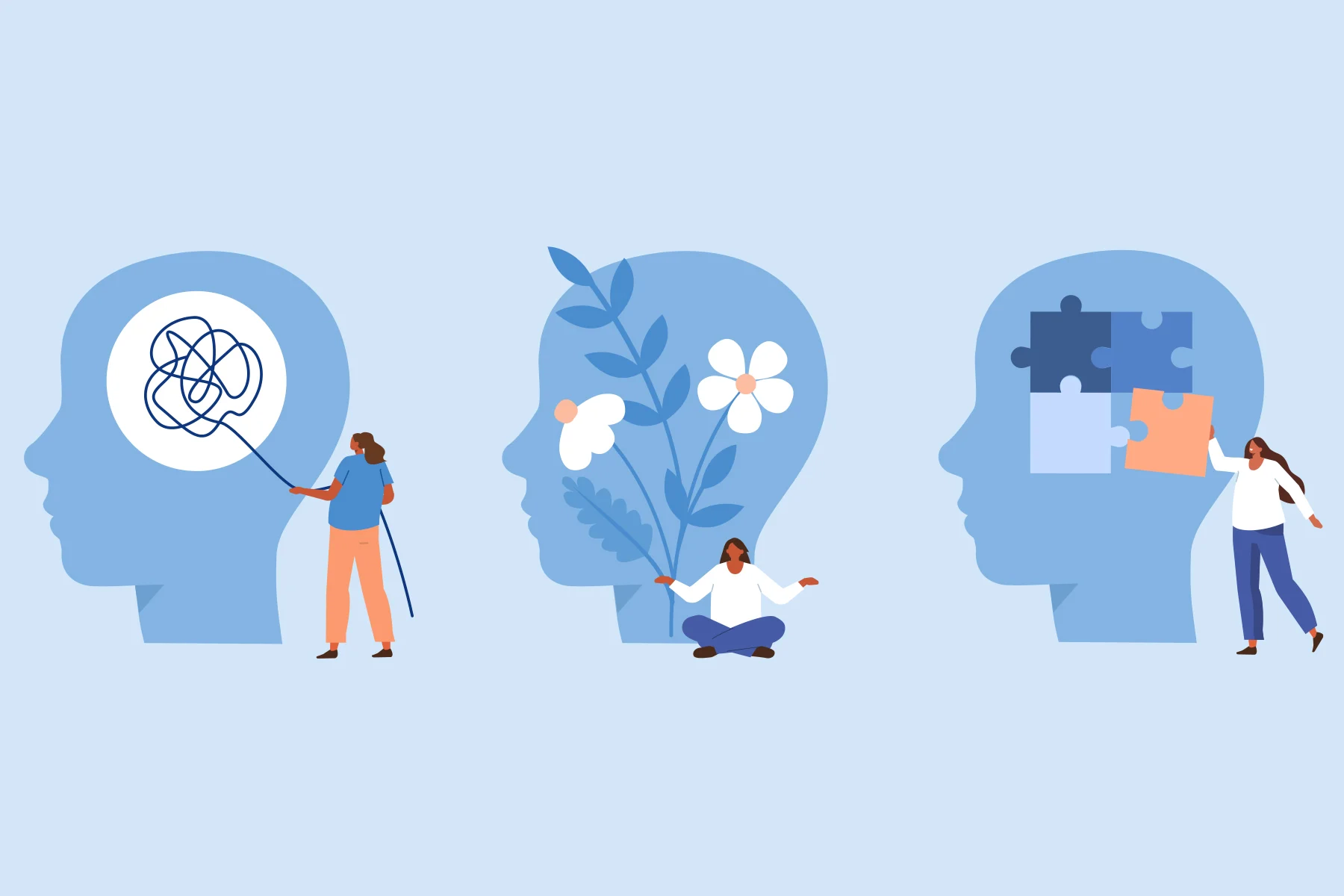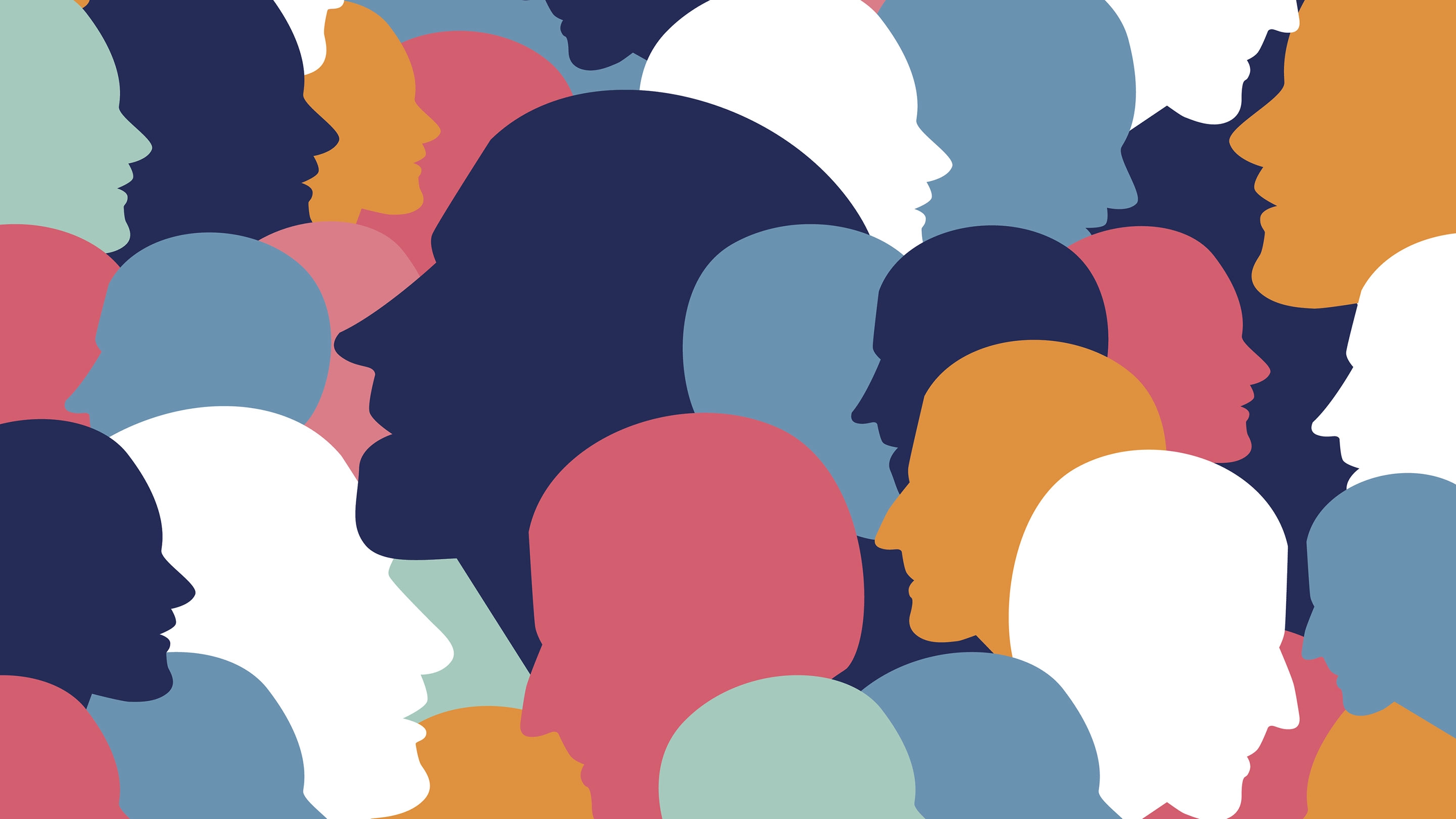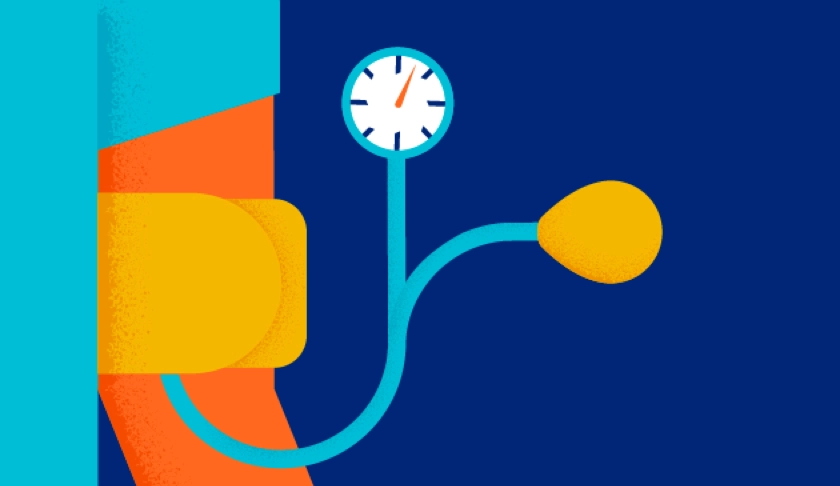Mental Health Matters: Understanding Depression

Learn about the symptoms, causes, and treatment options for depression, along with resources for seeking help and reducing stigma.
Depression is a common and serious mental health condition that can affect anyone, regardless of age, gender, or background. It is characterized by persistent feelings of sadness, hopelessness, and a loss of interest in activities once enjoyed. Understanding depression is crucial for recognizing its symptoms, identifying its causes, and exploring treatment options. Additionally, reducing the stigma surrounding depression is essential for encouraging individuals to seek help and support.
Symptoms of Depression
Recognizing the symptoms of depression is the first step in seeking help and support. Common symptoms include:
- Persistent Sadness: Feeling sad, empty, or hopeless most of the time.
- Loss of Interest: Losing interest in activities once enjoyed, including hobbies, socializing, or work.
- Changes in Appetite or Weight: Significant changes in appetite, leading to weight loss or gain.
- Sleep Disturbances: Difficulty sleeping or sleeping too much.
- Fatigue: Feeling tired, low energy, or physically drained.
- Difficulty Concentrating: Trouble focusing, making decisions, or remembering things.
- Physical Symptoms: Experiencing unexplained aches, pains, or digestive issues.
- Suicidal Thoughts: Thoughts of death or suicide, or engaging in self-harming behaviors.
Causes of Depression
Depression is a complex condition with multiple contributing factors. While the exact cause of depression may vary from person to person, some common factors include:
- Brain Chemistry: Imbalances in neurotransmitters, such as serotonin and dopamine, can contribute to depression.
- Genetic Factors: A family history of depression or other mental health disorders may increase the risk.
- Trauma or Stress: Traumatic events, such as abuse, loss of a loved one, or financial difficulties, can trigger depression.
- Medical Conditions: Certain medical conditions, such as chronic illness or hormonal imbalances, can contribute to depression.
- Substance Abuse: Alcohol or drug abuse can worsen or trigger depression symptoms.
- Environmental Factors: Issues like social isolation, loneliness, or lack of social support can exacerbate depression.
Treatment Options
Effective treatment for depression often involves a combination of therapy, medication, and lifestyle changes. Common treatment options include:
- Therapy: Cognitive-behavioral therapy (CBT), interpersonal therapy (IPT), or other forms of psychotherapy can help individuals address negative thought patterns and develop coping skills.
- Medication: Antidepressant medications, such as selective serotonin reuptake inhibitors (SSRIs) or serotonin and norepinephrine reuptake inhibitors (SNRIs), may be prescribed to help regulate brain chemistry.
- Lifestyle Changes: Engaging in regular exercise, maintaining a healthy diet, getting enough sleep, and avoiding alcohol and drugs can support overall mental health.
- Support Groups: Joining a support group or participating in group therapy can provide individuals with a sense of community and understanding.
- Self-Care: Practicing self-care activities, such as mindfulness, relaxation techniques, and creative outlets, can help manage symptoms and reduce stress.
Seeking Help and Reducing Stigma
It's essential for individuals experiencing depression to seek help from a mental health professional. However, stigma surrounding mental illness can often prevent individuals from reaching out for support. To reduce stigma and encourage help-seeking behavior:
- Educate Yourself: Learn about depression and mental health to better understand the challenges individuals face.
- Speak Up: Start conversations about mental health to reduce shame and promote open dialogue.
- Offer Support: Be there for friends, family members, or colleagues who may be struggling with depression, offering empathy, and encouragement.
- Seek Professional Help: Encourage individuals experiencing depression to seek support from a therapist, counselor, or psychiatrist.
- Promote Self-Care: Advocate for self-care practices and activities that support mental well-being.
Resources for Help
If you or someone you know is struggling with depression, there are resources available for support:
- National Suicide Prevention Lifeline: 1-800-273-TALK (8255) - Provides free and confidential support 24/7 for individuals in crisis or emotional distress.
- Crisis Text Line: Text HOME to 741741 - Connects individuals with a trained crisis counselor via text message, 24/7.
- National Alliance on Mental Illness (NAMI): Provides education, support groups, and resources for individuals and families affected by mental illness.
- Psychology Today Therapist Directory: Allows individuals to search for therapists, psychiatrists, or support groups in their area.
- Local Mental Health Resources: Contact local mental health clinics, hospitals, or community centers for information on available services and support groups.
Understanding depression is crucial for recognizing its symptoms, identifying its causes, and exploring treatment options. By reducing stigma and promoting help-seeking behavior, individuals can receive the support they need to manage depression and improve their overall well-being. If you or someone you know is struggling with depression, don't hesitate to reach out for help and support. You are not alone, and there is hope for recovery.






